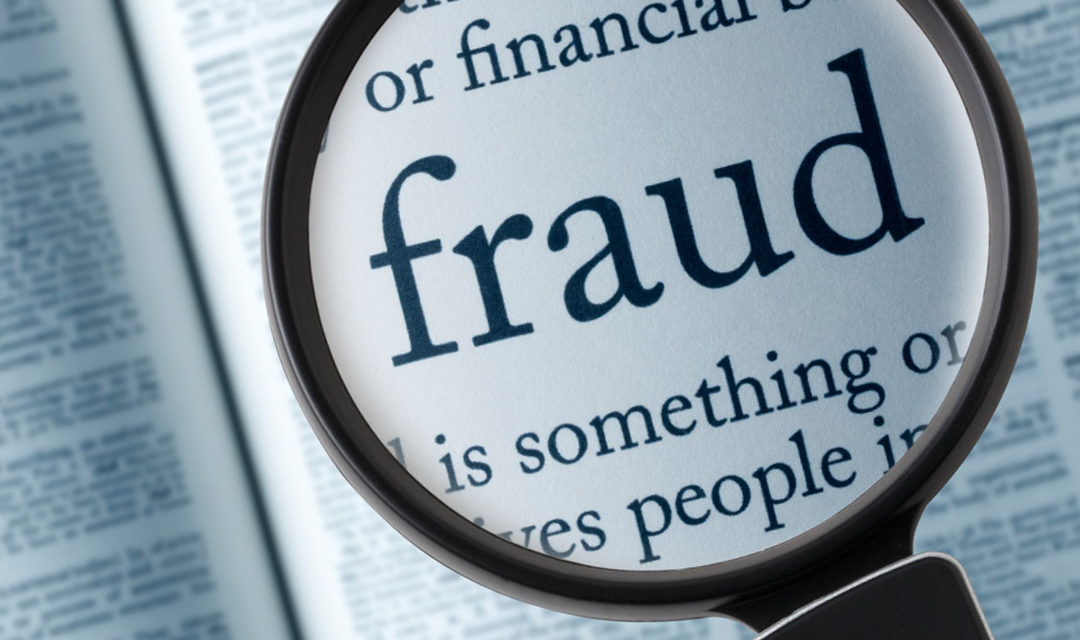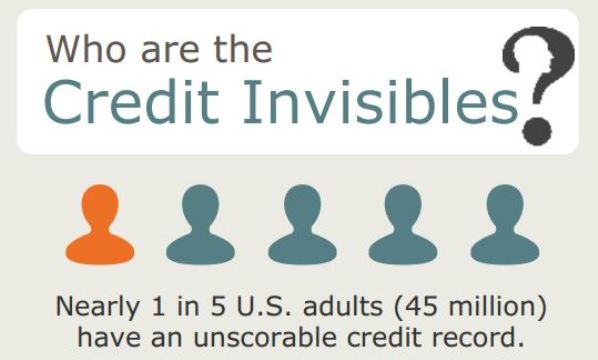Do you have a ticket to nowhere?
It’s October and the time when most of us begin planning our holiday travel. Sadly, scammers are planning their latest nefarious schemes as well.
By now we’ve seen news clips showing the chaos at airports all over the country. Over-booked flights and airline staff shortages are leading to massive flight cancellations and hours long wait times to board a plane. This may well be a sign of the times, but that won’t help you feel any better when you learn your flight was cancelled. Airline travelers need to be aware scammers are exploiting this bizarre time to enrich themselves with your money.
According to the Better Business Bureau, their Scam Tracker “has received multiple reports of scammers creating fake airline ticket booking sites or customer service numbers to charge travelers for rescheduling fake flights.” It’s an abysmal scenario for travelers, but a great one for scammers.
However, beating the airline scams may be as simple as following some basic tips when booking your next airline ticket.
Rebooking Scam: How it’s Done
These criminals are known to use variations on the scams, but all ultimately separate travelers from their money. They send texts, emails or phone calls saying your flight was cancelled. But lucky for you, they can help find another flight for an additional booking fee. Travelers, especially those already at the airport, gladly believe it and pay-up with their card and PII (personally identifiable information). The phone number given isn’t for the airline, but instead is for the scammer who answers, pretending that they are from the airline.
And at a point that’s always too late, you learn the phone calls, texts, and emails were all fake, and the scammer now has your payment card, money, and PII. Even worse, you find your rebooked flight never existed, and your original flight was never cancelled to begin with.
Beating the Airline Scams
Below are a few tips to keep in mind when booking your next airline ticket:
- Do your research. If you come across a company you haven’t dealt with before, research it before making any purchases. Check BBB.org for reviews and feedback from previous customers.
- Double-check flight details before calling support. Scammers are sending fake airline cancellation emails and text messages that can easily be mistaken for the real deal. Confirm the information in the message, such as the flight and reservation numbers, is correct before calling customer support.
- Be wary of third-party websites. Some websites appear to offer a legitimate service, but are only fronts for a scam. Be suspicious of websites with no working customer service number or physical address. Typos and grammatical errors can be indications of a scammer’s handiwork.
- Confirm the URL before entering personal and payment information. It can be easy to click on a sponsored ad or impostor website. Before entering sensitive information, double-check that you are on the right website and that the link is secure (secure links start with “HTTPS//” and include a lock icon on the purchase page).
- Make online purchases as credit rather than debit. Fraudulent charges on a credit card can usually be disputed. That might not be the case with other payment methods. Unfortunately, there is no way to get back the personal information you may have shared.
Following these tips can help avoid losing time and money to airline scammers. Happy trails!
Want to know more? Read additional Mid Oregon blog articles about online security and fraud protection.
Content based on an article by Stickley on Security





